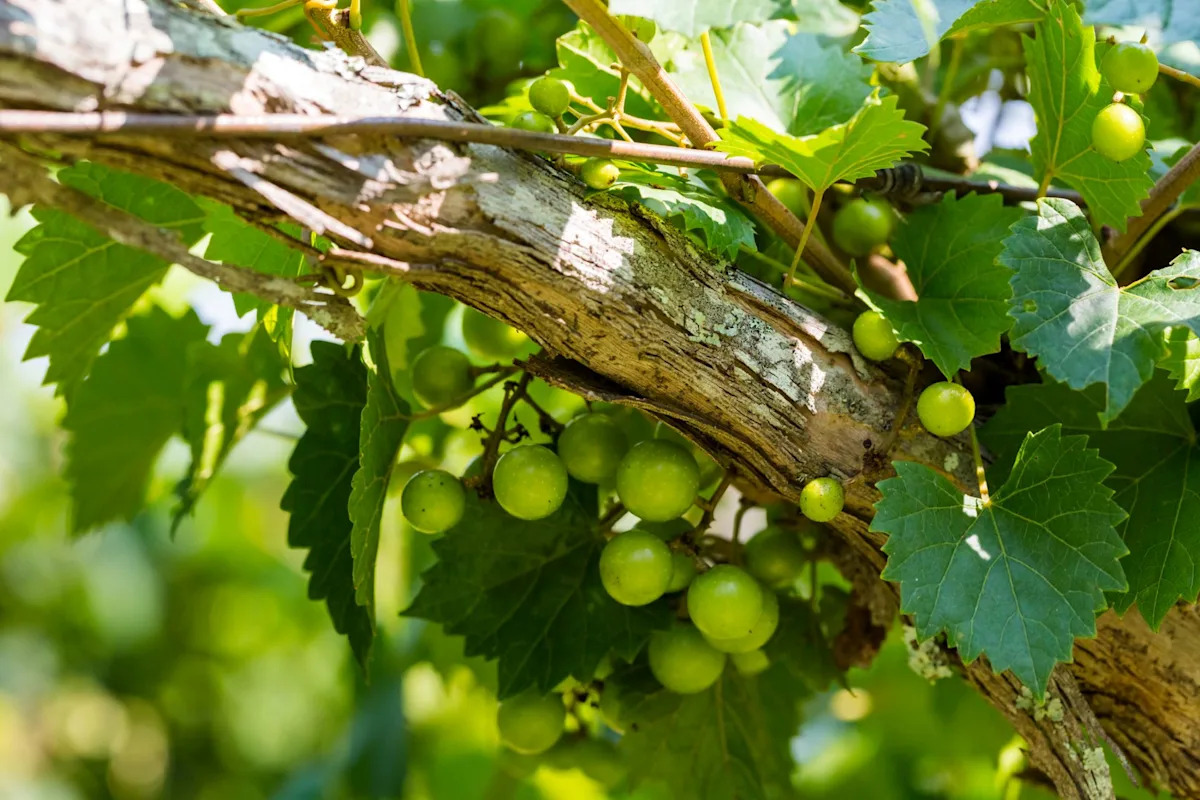Spotted lanternflies just invaded another state, and South Carolina farmers are less than thrilled.
WRDW reported that the invasive insect, which has destroyed vineyards and orchards in northern states, has now been seen in South Carolina for the first time.
The state joins Tennessee, Georgia, and Virginia as the latest in the pest’s slow, destructive crawl through the Southeast.
What’s happening?
The South Carolina Department of Plant Industry confirmed the arrival of the lanternflies in early July after capturing a few specimens in sticky traps.
Steven Long, assistant director of the agency, told WRDW that “the concern with spotted lanternfly is its potential impact on our forestry and agricultural industries.”
And it’s not just about looks. Lanternflies consume over 100 types of plants, including peaches, grapes, and hardwoods.
Watch now: Giant snails invading New York City?
Their sticky honeydew waste attracts mold and insects that coat plants, cars, patios, and even sidewalks. Early sightings suggest the pest is hitching rides on vehicles and equipment, laying egg masses on surfaces such as firewood and lawn furniture.
That’s how it got here in the first place. The spotted lanternfly showed up in the U.S. in 2014 after sneaking in on imported goods from Asia. Since then, it has spread fast and far.
In Virginia, vineyards have reported grape losses from the lanternfly feeding frenzy. Tennessee issued a statewide warning this spring, urging people to check their cars and recreational vehicles before traveling.
Why are lanternflies in South Carolina concerning?
South Carolina’s wine industry isn’t as large as some of its neighbors’, but that’s not the only risk. Lanternflies also pose a threat to ornamental trees and fruit crops, which could mean trouble for backyard growers and commercial farms alike.
And they’re not the only invasive pest drawing concern. In Europe, another newcomer — the reed leafhopper — is threatening food security by transmitting bacteria that can damage grapevines and olives.
The lanternfly’s potential to do the same on U.S. soil has experts worried.
“This is not a pest we want to ignore,” Long said.
What’s being done about spotted lanternflies?
Clemson University is asking residents to keep an eye out and speak up. It is urging people to report sightings through its invasive species tracking portal.
Georgia’s agriculture commissioner, Tyler Harper, didn’t mince words in his own warning, shared with WRDW: “We urge anyone who sees the spotted lanternfly in their area to document it, report it, and kill it.”
Join our free newsletter for good news and useful tips, and don’t miss this cool list of easy ways to help yourself while helping the planet.

